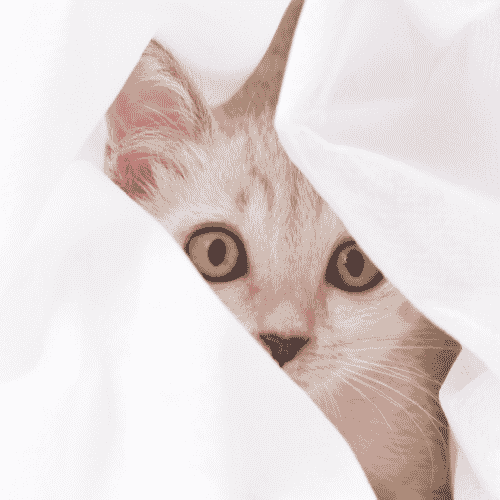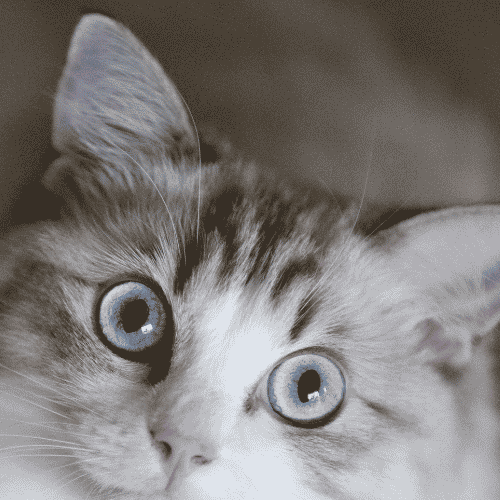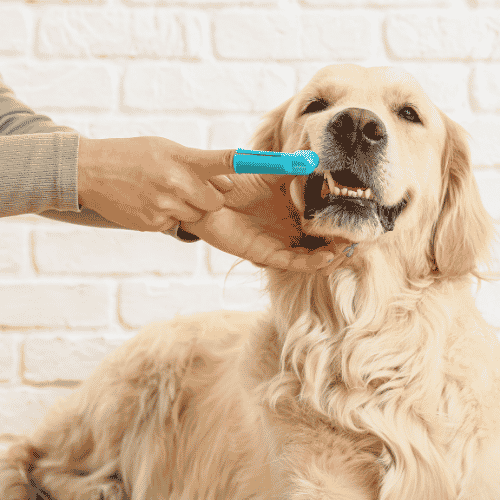If you have a feline companion, you’ll deal with improper pee urination/spraying at some time. These are the kinds of problems that may be irritating, particularly when you have a lazy indoor kitty.

It is quite unpleasant when a cat sprays urine all over the home or pees in places other than the litter box. But the question is, will spaying my cat stop her from urinating everywhere?
Spaying your cat may stop her from peeing everywhere or reduce the problem. Some cats, particularly if spayed at an older age, may keep this behavior out of habit.
Urinary problems in felines are complicated and can have a variety of causes, including those related to the cat’s activity or their underlying health.
What Is Urine Spraying?
Female cats can pee outside of their litter box and engage in other forms of improper elimination. However, peeing in an upward direction rather than on the ground is known as spraying or marking.
When a cat sprays its pee against a surface, such as a piece of furniture, or another surface, this behavior is known as marking. Your cat will rise, lift its tail, tremble, and spray. Instead of a continuous flow, only a little pee sprays out.
Why Do Felines Pee Inappropriately Outside the Litter Box?
Before you can start to fix a litter box problem, you need to know why your cat is peeing outside of the box. A cat may urinate beyond the litter box due to a medical condition or a behavioral issue.
Medical Problems
You should take your cat to the veterinarian if you notice it is peeing unusually. The vet will look at your cat’s body and test a urine sample. Your veterinarian will provide treatment recommendations based on the examination.
Cats can suffer from a variety of urinary health problems, including the following:
Bladder Stones
If your cat has bladder stones, they might cause discomfort or a blockage. To determine the severity of the condition, your veterinarian may recommend X-rays. Smaller stones can be eliminated with a specific diet. However, larger stones must be removed surgically.
Metabolic Disease
Kidney disease is one potential reason for peeing an excessive amount. Diabetes or difficulties with the thyroid might cause this issue. To rule out the possibility of these diseases, your veterinarian may do various blood tests.
Urinary Tract Infection or UTI
Infections of the urinary system are uncommon in kittens, but cats of an older age are more prone to suffer from the condition. In this situation, the urinary tract system can have an infection caused by bacteria, which would result in inflammation. Your vet may recommend antibiotics as a treatment. Your veterinarian will advise further tests to verify that the infection has been eliminated once the course of antibiotic therapy has been completed.
Behavioral Reasons
If your veterinarian is unable to identify a medical reason for your cat’s inappropriate peeing. In that case, you must examine the environmental and behavioral causes that are causing your cat to act in this manner.

Dirty Litter Box
In general, cats are more sensitive than other animals. Your cat will pee elsewhere if the litter box is too dirty.
Stress
As a result of stress, your cat could pee in inappropriate places. It’s possible that he or she is marking their territory, or it might be because they are displeased with the presence of another pet in your home.
Old Urine Smells
If your cat pees anywhere, the odor may persist after cleaning it. A cat has a much better sense of smell than you do. If previous pee scents persist in your home, there is a strong possibility that your cat is attracted to the region due to the odor.
How Can I Stop My Kitty From Peeing?
If your cat has a habit of peeing in inappropriate places, the following are some solutions that can help.
Spaying
Spaying a female cat in heat reduces urine spraying. This is commonly done at an early age but can be conducted in older cats. Your cat should be spayed at the age that your veterinarian has recommended.
Check Out for Any Hidden Medical Issue
If you observe that your feline companion is peeing, you should take him or her to the cat vet to rule out the possibility of any hidden medical problem/issue.
Reduce Kitty’s Stress
Anxiety and any forms of stress can cause indoor kitties to pee in inappropriate places. To assist your anxious feline companion, start by recognizing and removing irritants in your kitty’s surroundings. Changing feeding schedules or the litter box’s location might cause stress in your cat.
Litter Tray/Box Management
For litter box/tray management, you need to think about what kind of cat litter is best. Some felines will truly appreciate just one sort of litter. This may be odorless, but the kitty litter you’re using is perfumed. They may dislike clay-based ones that stick to their feet.
Dietary Supplements
Your veterinarian can provide you with therapeutic diets that may reduce the amount of pee that is sprayed. They include relaxing elements like anxiety supplements.
Can Female Cats Still Spray After Being Spayed?
Spaying a female cat will make it less likely to pee, but even after this surgical operation is done, there is still a slight chance she may do so. According to the research, just five percent of spayed female cats would retain their ability to pee following the procedure. Spaying a cat reduces territorial spraying due to fewer hormones, although it might still spray if stressed or agitated.

How Long Can Cats Go Without Peeing?
Cats may hold their urine for up to 48 hours or two days.
If you enjoyed this article feel free to check out more of our cat-related topics such as:
Quality of Life Scale For Cats – The HHHHHMM Scale
Why Does My Cat Lick My Beard? The Weird and Wonderful Reasons!
Why Do Siamese Cats Bite So Much?

Veterinarian (DVM, MS) Content Writer, Blogger, and WordPress Developer. Working as a pet/animal/bird/fish/reptile/wildlife writer for the past 7 years on many renowned platforms.




